Published
- 08:00 am
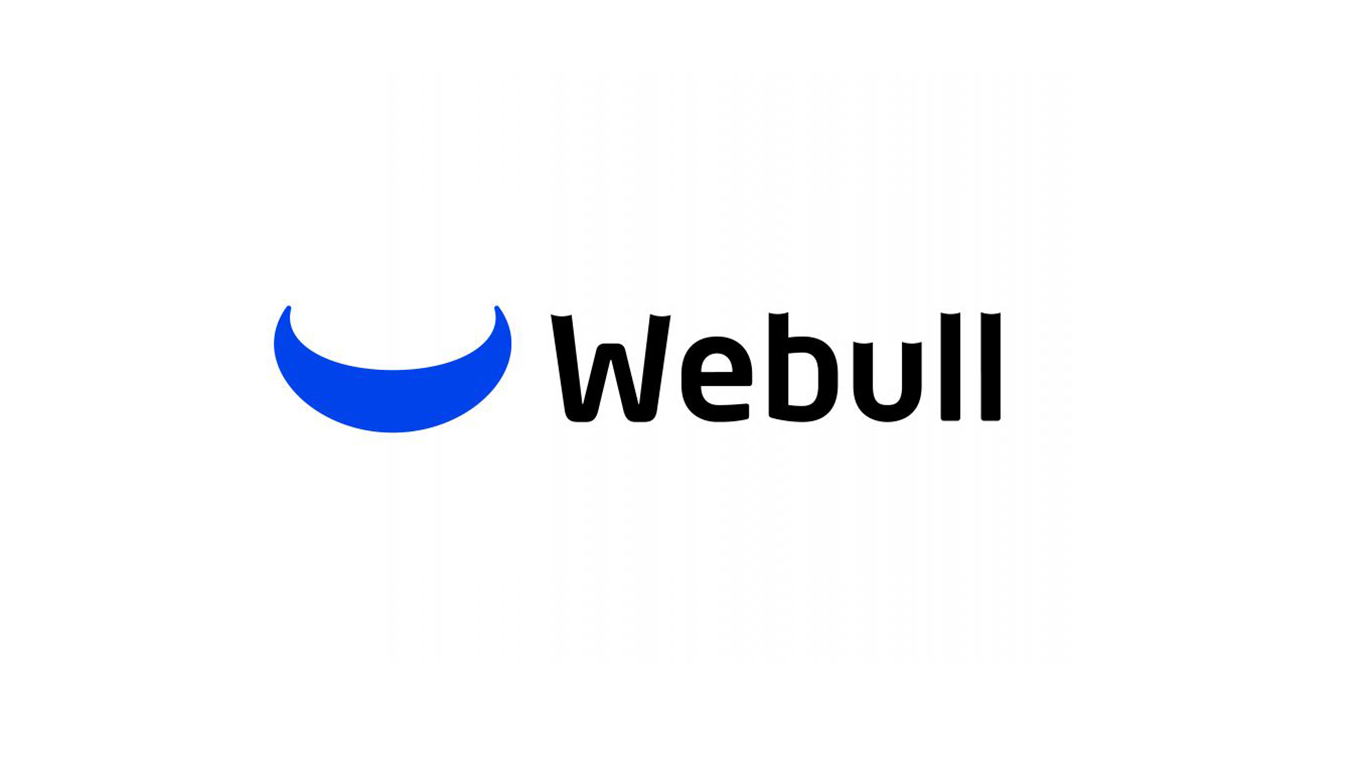
Webull Corporation, the owner of the popular Webull trading platform, today announced the launch of brokerage services in Canada. Through licensed financial services trading firm Webull Securities (Canada) Ltd., Canadian residents will be able to trade both Canadian- and US-listed equities through the award-winning Webull app.
Webull Canada secured its authorization in November 2023 and today launched its order execution-only brokerage functions. In addition to equity trading, tools and offerings available to users include real-time quotes and in-depth market data, 20+ charting widgets and 60+ indicators, paper trading, and robust educational tools.
"Webull sees a huge opportunity to disrupt a traditionally expensive brokerage system in Canada," said Anthony Denier, Group President, Webull. "Since inception, we have been providing powerful market data tools across the world. We look forward to expanding to another market and providing greater and easier access to trading for all."
Michael Constantino, CEO of Webull Securities (Canada) Limited, added "Webull's state-of-the-art app, driven by world-class technology, offers market data, tools, analytics, and education for free and brings a low-cost trading solution right to your fingertips. We already have tens of thousands of Canadian users leveraging market data and analytics alone, so we are proud to bring the award-winning brokerage services to them and look forward to expanding our user base in Canada."
The Webull trading platform launched in the US in 2018 through its SEC-registered broker-dealer and FINRA member subsidiary. Webull has received notable recognition in the financial industry, including winning the "Best Brokerage App" at Benzinga's 2022 Global Fintech Awards, highlighting its commitment to superior mobile trading. It was also honored as the "Best Options Trading Platform" at the Finder Stock Trading Platform Awards and recognized as the "Best in Class" for the investor community at the Stockbrokers Annual Review 2023. These accolades showcase the company's dedication to providing innovative and exceptional services to all of its users.
Related News
- 07:00 am
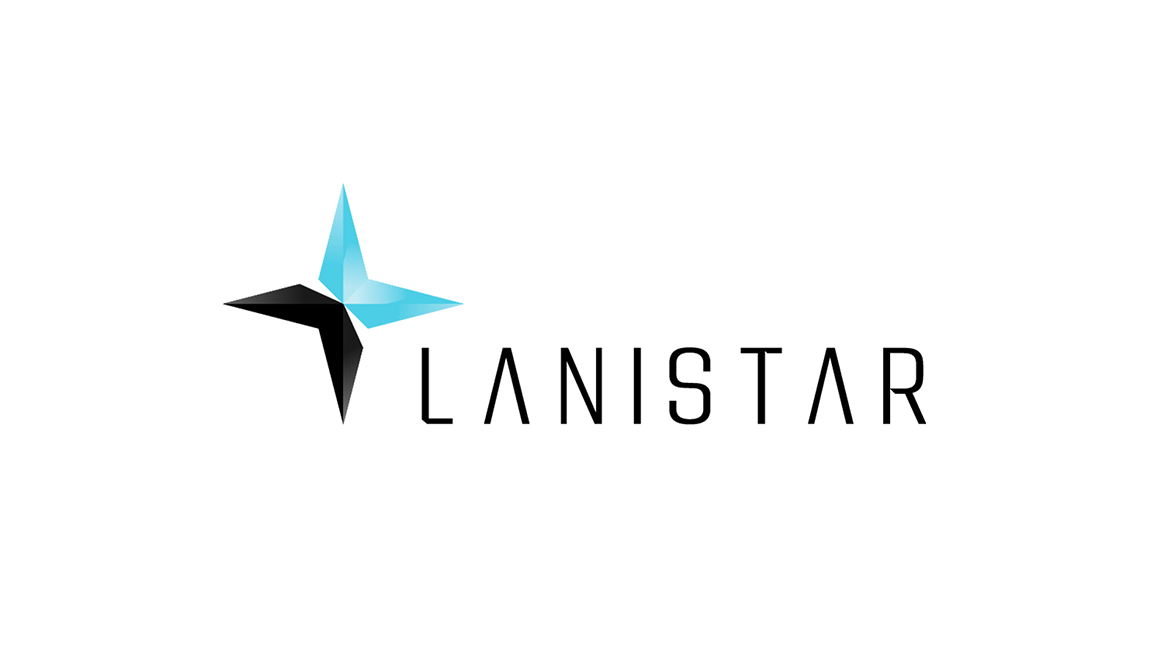
In recent years, an estimated 69% of consumers worldwide have changed the products and services they use to more sustainable alternatives, according to a survey by IPSOS. Climate crisis messaging is more pertinent than ever as businesses and consumers become increasingly concerned about their footprint.
With industries and consumers striving to achieve net zero in the current landscape, it is of utmost importance that fintech leads by example not only through industry innovation but also through individual business models.
Jeremy Baber, CEO of Lanistar comments: “Fintechs have an ongoing responsibility to forward sustainable initiatives in the reduction of greenhouse gas (GHG) emissions across industry verticals spanning the globe. We are seeing an uptick in customers who buy into social responsibility standards and reject offerings that are deemed unsustainable. Fintech offerings have moved with this trend, and we are now seeing more ESG-leaning initiatives being rolled out. Successful initiatives include integrating renewables into power grids, providing consumers with carbon footprint analysis from their bank statements, and harnessing AI to regulate greenwashing.
“Despite their success in facilitating a net-zero market for others, fintechs should not dismiss the importance of taking responsibility for their carbon footprint. Fintechs are often not associated as one of the leading global GHG emitters mainly because they lack the same physical infrastructure as traditional finance. Although more recently, their oversight in addressing carbon emissions and the progression of unsustainable practices such as crypto mining has become apparent.”
Baber continued: “As consumer attention and knowledge are being increasingly drawn to a more resilient sustainable future, it is essential that fintechs can meet the rising demand for regulation disclosure, alternative sustainable practices, and data transparency.
“In an attempt to meet this demand, carbon offsetting programs such as carbon trading have become a popular practice within fintech, involving the purchase of credits, used to fund global sustainability initiatives such as forestry schemes, in return for a carbon-neutral title.
“Carbon offsetting programs are invaluable when partnered with alternative strategies reducing emissions at the source, however, the sole use of these programs has previously been construed as greenwashing. This practice has been widely criticized as sidestepping the real issues of climate change and a way for fintechs to avoid taking responsibility for their footprint issues. Exposure to these accusations poses a potentially detrimental fallout, especially as consumer power remains a leading incentive for businesses, their approval and recognition deemed crucial.”
Baber added: “To move forward, reporting of environmental metrics provides a credible starting point in identifying areas in which emissions can be reduced. However, this is often overlooked, and although publishing data remains a largely optional practice, once metrics are reported fintechs can harness their data to actively reduce their environmental impact at the source.
“Efforts to reduce emissions at the source exhibit a proactive approach to directly addressing carbon footprint. This could include hand-picking suppliers and vendors that are socially responsible by screening them for their sustainable practices, the removal of plastic use in crypto carbon offsetting, and improving mining efficiencies.
“For complete carbon emission responsibility, more global environmental metric data should be reported and made easily accessible so that it can function as a guideline and be worked into sustainability targets. When ESG reporting becomes mandatory for companies of all sizes, it will become easier for fintechs to measure, report, and compare their environmental metrics.”
Baber concludes: “For fintechs to successfully address their emissions, they should invest time and resources into collecting and reporting their sustainability metrics as a foundation to improve upon. Once collected, these metrics can be incorporated into business models and published, promoting transparency for the consumer. Alongside this, sustainable partnerships such as planting a tree and offering virtual, plastic-free payment cards are valuable in offsetting the remainder of unavoidable emissions and waste.”
Related News
- 05:00 am
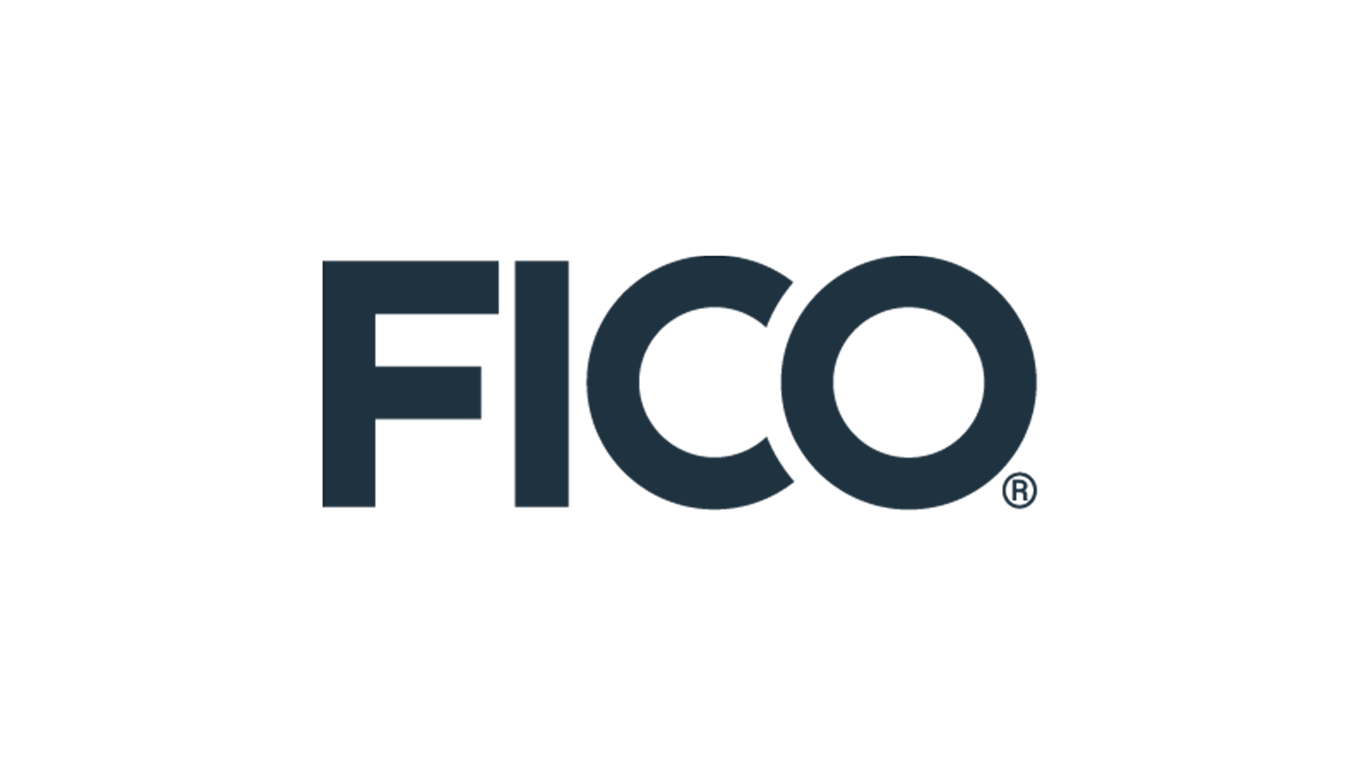
UK consumers face another challenging year as Doug Craddock, Senior Principal Consultant, FICO suggests financial institutions should make use of Open Banking data and new technology
Headlines suggest an improving situation for consumers as we move into 2024. But by lifting the lid on each of the key areas of household expense, it’s easy to see why many economists believe spending will continue to be hamstrung for the year ahead. Falling inflation, markets tentatively calling the peak of interest rates and some segments seeing real wage growth all sound positive. But it’s also clear there will continue to be pressure on household finances well into 2024.
With this in mind, I believe Open Banking offers a ray of hope.
Open Banking and Open Data Gain Traction
Given the stresses in the economy, the rise of Open Banking can’t come fast enough, as it offers lenders a bigger picture of a consumer’s financial health. In the UK alone there are now nearly 250 approved Open Banking providers, all building capabilities based around specific use cases. In all likelihood, this figure will continue to rise during 2024.
At the same time, the adoption of Open Banking is predicted to increase beyond 7 million users. The latest stats from the Open Banking Implementation Executive show adoption is accelerating, with around 1 billion Open Banking API calls made in July 2023 alone. It’s already being used to inform multiple disciplines. These include:
Payments – There were 11m payments from 7m users in July 2023, mainly for account top-ups, bill payments, and pay-by-bank apps.
ID Verification – To help further improve the customer journey, especially in the digital channel.
Decisioning – Using Open Banking to better inform marginal approvals or declines.
Personal Financial Management – Pulling data into one place to enable analysis and a comprehensive overview of banking positions at any given moment.
Open Banking is still a relatively new proposition in the marketplace. As with all new propositions, there is often an inflection point that drives a significant increase in their adoption. With contactless payments in the UK, it took a combination of an increase in the modest £ 30-floor limit on transactions alongside Transport for London’s decision to accept contactless card payments as an alternative to the more niche Oyster Cards.
A similar tipping point for Open Banking in 2024 could be prompted by the introduction of Open Banking data to customers’ Apple Wallets. Right now, it’s still being Beta tested on Apple’s IOS 17 software release. But it seems a natural step given the company has been making a big play about its privacy credentials for years.
Whether or not this proves to be the case, Open Banking and its evolution to Open Finance and Open Data are just one strand in the proliferation and democratization of data. When this is taken into context alongside a regulatory regime that is increasingly focused on customer outcomes, there will inevitably be an increased sense of urgency to build and embed services right across the customer lifecycle.
Five Quick Wins For 2024
Any headline economic figure often belies the differing individual impact of millions of UK consumers. It also highlights the need for banks and financial services firms to quickly move beyond simplistic customer segmentation, to real-time account-level analysis of portfolios. This can be achieved by:
- Widening the view of the customers by using their internal data that may not have been previously used, such as investment data, insurance data, and so on.
- Enriching the view by overlaying insight with even more diverse external sources including mobile device data, rental data, ESG data, and Open Banking data.
- Identifying changes in real-time.
- Feeding the insights into AI / ML models to inform and drive the most appropriate next-best interaction with customers.
- Creating an ongoing two-way digital dialogue with customers via their preferred channel and favored times of the day.
Related News
- 05:00 am
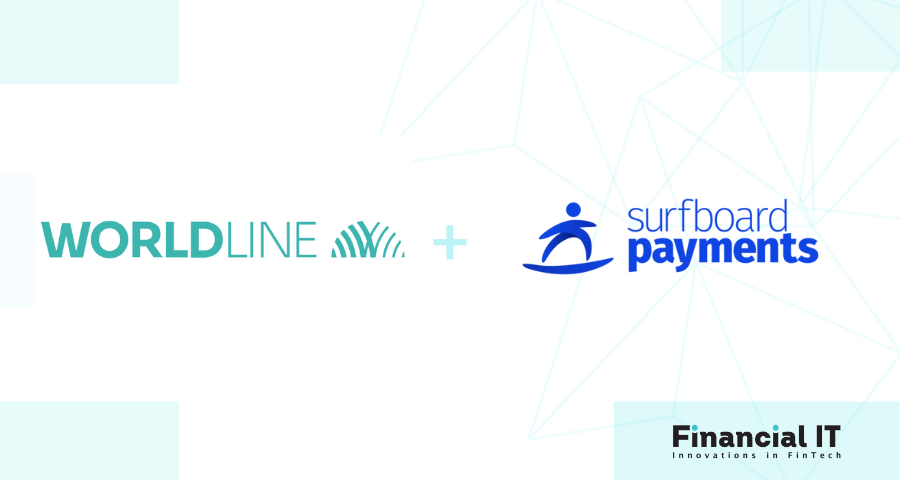
Surfboard Payments and Worldline, a leading payment provider in the Nordics, have entered into a partnership to jointly offer merchants in the Nordics new and modern payment solutions. This collaboration combines Surfboard Payments' innovative payment terminals, SoftPOS solutions, hardware logistics solutions, and loyalty platforms with Worldline's extensive expertise in redemption, payment processing, and anti-fraud.
Through this strategic partnership, Worldline will integrate Surfboard Payments' advanced payment solutions into its extensive service offerings to merchants. The offer is aimed at a diverse customer base with everything from small and medium-sized enterprises (SMBs) to large companies, partners, and other organizations. With Surfboard Payments as the Payment Service Provider (PSP) and Worldline as the acquirer, businesses can look forward to an efficient and secure payment process and payment experience.
"We are delighted to begin this partnership with Surfboard Payments," says Filippa Marklund, Head of Strategy & GTM Worldline Merchant Services RB Nordics. "Surfboard Payments' innovative payment solutions are a perfect complement to our existing product portfolio, enabling us to offer businesses a competitive range of payment options and services that create real value for merchants."
Christopher Lindfeldt, CEO of Surfboard Payments, expresses himself similarly: "We look forward to working with Worldline to expand the reach of our payment solutions across the Nordics. Worldline's strong presence, deep market understanding, and robust sales skills will be critical to our joint success."
The partnership, which is initially focused on Sweden, Norway, Denmark, and Finland, has the potential to grow with customers in other markets.
Key points of the partnership:
- Surfboard Payments' state-of-the-art payment platform, terminal management system, onboarding, tokenization, alternative payment methods (APMs), receipt and loyalty programs will be integrated into Worldline's merchant and partner offerings.
- Surfboard Payment's range of payment terminals includes SurfPad, SurfTouch, SurfPrint, CheckoutX, and SoftPOS solutions, designed for different uses.
- All hardware is automatically delivered through Surfboard Payments' SurfShip API-based platform from their logistics center in Uppsala, Sweden, which includes next-day delivery within the Nordic region.
This new strategic collaboration between Surfboard Payments and Worldline is a strong indicator that the companies together intend to shape the future of the payments industry, empowering merchants and partners with innovative solutions that improve efficiency, security, and customer satisfaction.
Related News
- 03:00 am
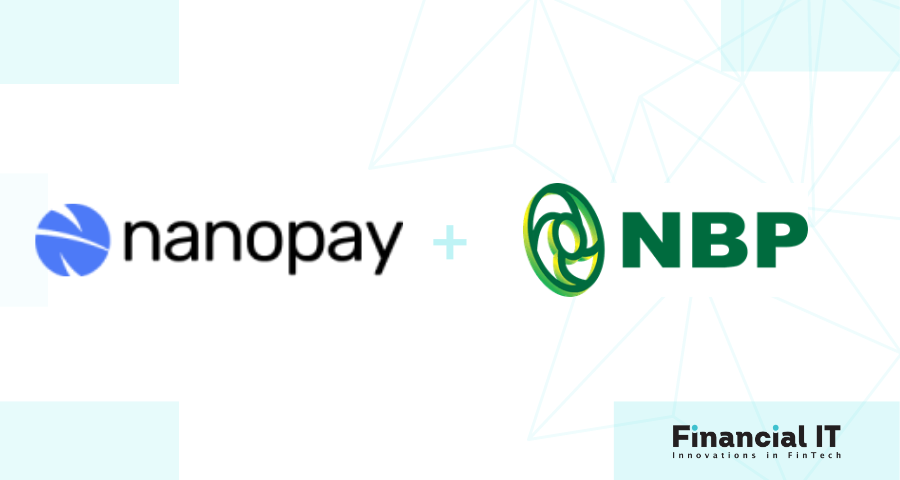
nanopay, a global payments technology company, introduced nanopay Foree Remittance which provides the cheapest and fastest way to send money to Pakistan. nanopay has partnered with National Bank of Pakistan, a familiar and trusted brand, to offer a bespoke remittance solution specifically for the Pakistani diaspora in Canada.
When the Pakistani community in Canada wants to send money home to family and friends they are faced with confusing options from Canadian banks and existing remittance companies. High fees and a wide disparity of foreign exchange rates make it expensive to send funds to Pakistan. nanopay has collaborated closely with National Bank of Pakistan to build a solution uniquely designed for the North American to Pakistan corridor. Now there is a better way for the Pakistanis in Canada to send money without the stress of shopping for the best rate or worrying about whether and when their loved ones will receive the funds.
- $0 Fee Transfers. With up to 4% remittance fees on average from Canada to Pakistan, take advantage of Foree Remittance $0 fee transfers.
- Best FX Rates. Offering the best exchange rates from National Bank of Pakistan to make every dollar you send to your loved ones in Pakistan count.
- Trusted Payouts Through NBP. Send account-to-account transfers or pickup at 1,500+ NBP branches through our trusted partner – National Bank of Pakistan.
- Receive Funds in Seconds. Transfer funds safely and securely to any bank account or mobile wallet in Pakistan, making it easy and convenient for family and friends.
Connecting nanopay to 35+ banks, National Bank of Pakistan ensures the broadest distribution of remittances and when combined with nanopay’s integration with Interac e-Transfer®, enables Foree Remittance to deliver funds immediately to loved ones in Pakistan.
“I founded nanopay to make financial inclusion a reality and recognize how important it is for the Pakistani community in Canada to support their family and friends back home”, says Laurence Cooke, Founder and CEO, nanopay Corporation. “Our partnership with National Bank of Pakistan, a familiar and trusted brand, delivers on that vision by providing the best rates without hidden fees to maximize the impact of the funds they send back home.”
nanopay Foree Remittance is immediately available across Canada as a Web App or Get It On Google Play. Check out our great rates and Sign Up to send money to your family and friends today!
Related News
- 03:00 am
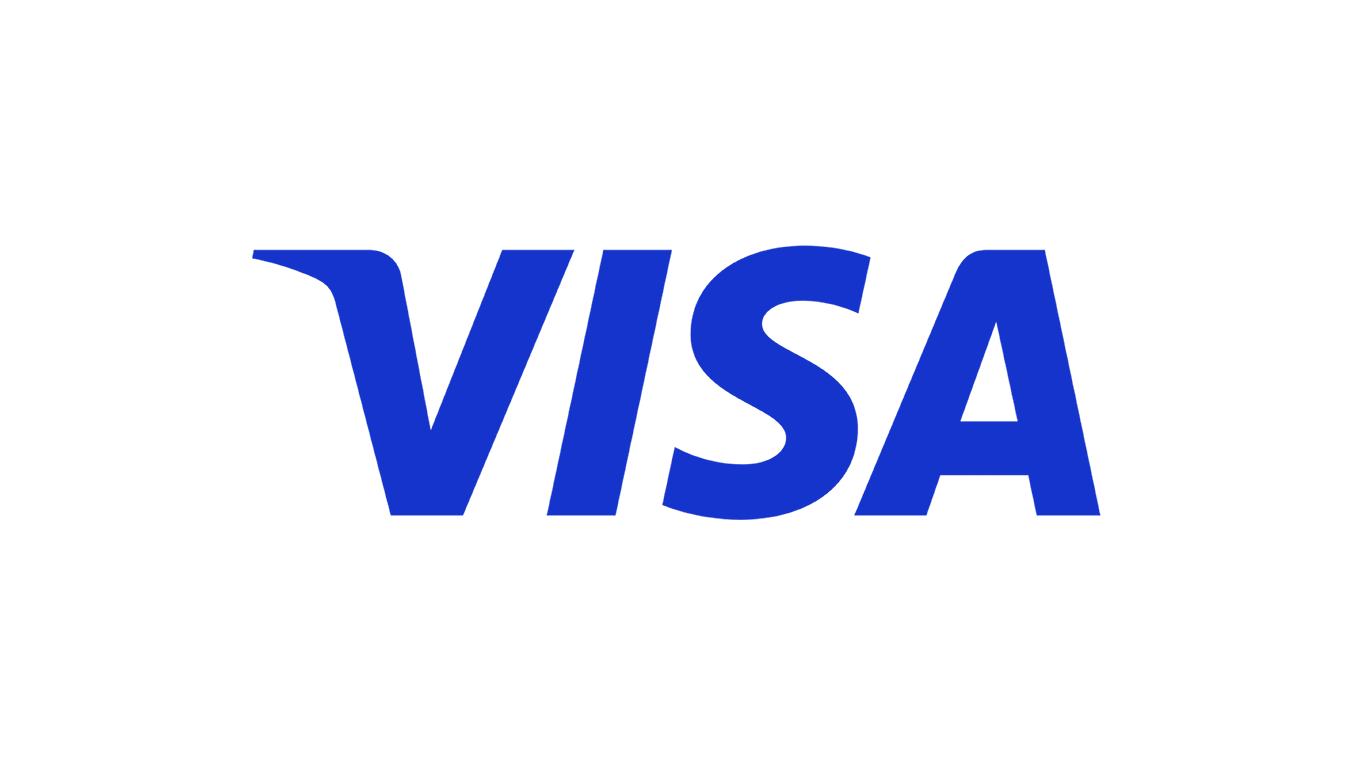
Visa, a world leader in digital payments, today announced the launch of the Visa Web3 Loyalty Engagement Solution. The new value-added service ushers in the future of customer engagement and loyalty, helping brands meet next-generation customers where they increasingly are – in digital and virtual worlds – through immersive programs like gamified giveaways, augmented reality treasure hunts, and new ways to earn and burn loyalty points.
“Consumers are looking to engage with brands in new ways, and traditional loyalty programs have not evolved over the past decade. Imagine earning a unique digital collectible, whether it's from purchasing tickets for a sports event or participating in an augmented reality treasure hunt,” said Kathleen Pierce-Gilmore, SVP and Global Head of Issuing Solutions, Visa. “Our new innovative digital loyalty solution empowers brands to reward customers not only for their transactions but for their active engagement, paving the way for secure, seamless, and immersive digital and real-world experiences at their fingertips.”
A new era for rewards
Research shows that consumers today have new and heightened expectations about the value they receive from loyalty programs, and this extends beyond traditional points-based benefits. People want to be rewarded not just for their purchases and loyalty, but for their engagement and interactions with a brand – especially if it is fun, easy, and rewarding. This is underscored by the fact that more than 77% of consumers worldwide value real-world experiences, and 60% desire curated experiences tailored to their preferences.
The new Visa solution, powered by SmartMedia Technologies, can provide brands with an enterprise platform that bridges Web2 with Web3 innovation that is user-grade and can be customized to create curated experiences and offers for consumers. With the use of this solution, brands can engage customers by providing a digital wallet where they can apply rewards – such as perks and benefits – towards virtual, digital, or real-world experiences, in various sectors such as travel, sports, and more.
“SmartMedia Technologies is thrilled to partner with Visa in revolutionizing the future of loyalty and engagement. Our enterprise Web3 platform seamlessly integrates with Visa's digital payment solutions, offering unparalleled experiences for brands to connect with consumers,” said Tyler Moebius, CEO of SmartMedia Technologies. “This collaboration is not just about enhancing customer rewards; it's about redefining the value exchange between brands and consumers in a mobile payments-first world. We are committed to delivering experiences that are as rewarding as they are engaging and relevant for today's evolving consumers.”
Related News
- 05:00 am
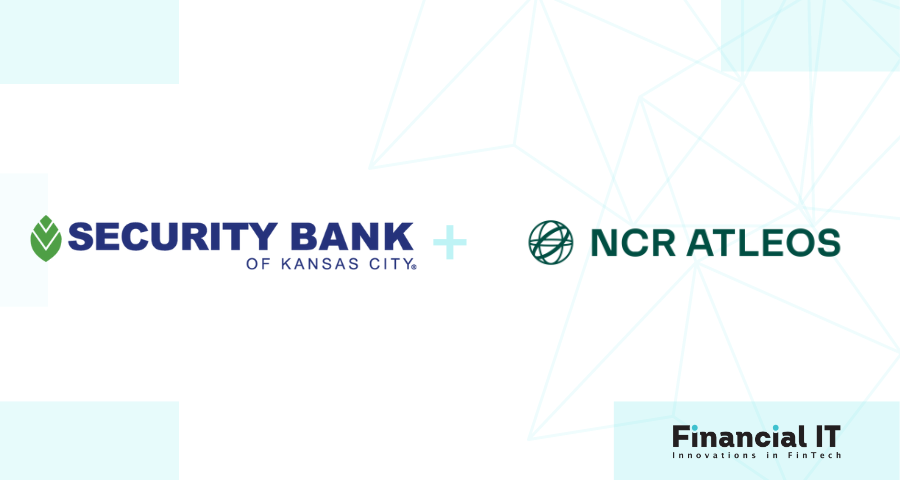
NCR Atleos Corporation, a leader in expanding financial access for financial institutions, retailers, and consumers, today announced that Security Bank of Kansas City has selected NCR Atleos ATM as a Service as well as Atleos ITM as a Service to enable simple, convenient self-service banking for customers.
Security Bank of Kansas City has been serving businesses and consumers in and around Kansas City for 90 years. A growing but aging ATM fleet caused the bank to reconsider the deployment model and strategy behind its self-service banking offerings. As a result, the bank is trusting the experts at Atleos to provide end-to-end ATM and ITM maintenance and management, allowing the bank to expand self-service banking options for customers while saving employee time and bank resources for higher-value core business activity.
“We have a track record of success with Atleos as a dependable partner for hardware and managed services. Now relying on Atleos for comprehensive ATM and ITM management and deployment as well, we will be able to evolve our self-service strategy with greater efficiency and ease,” said Thomas Davies, EVP/Chief Retail Officer at Security Bank of Kansas City. “We look forward to Atleos helping us facilitate more convenient, accessible customer interactions while supporting our continued growth.”
“The ATM and ITM continue to be crucial touchpoints as customers increasingly view flexibility and choice as deciding factors when it comes to bank loyalty,” explained Diego Navarrete, executive vice president, Global Sales for Atleos. “By outsourcing this critical channel with us, the bank is boosting efficiencies, providing greater availability to customers, and is positioning itself to more quickly implement new features and functionality. We are proud to support this banking leader, helping them future-proof their business and achieve strategic priorities.”
Related News
- 09:00 am
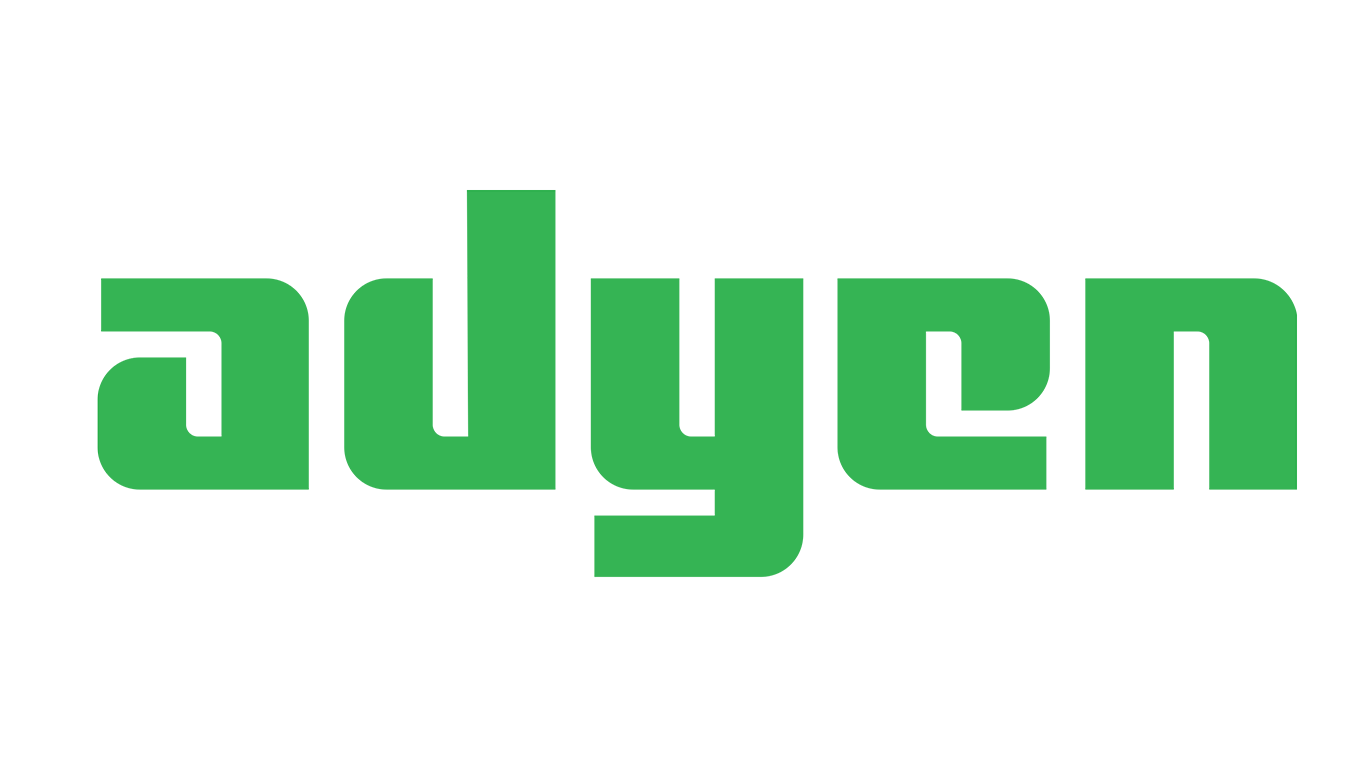
Adyen, the global financial platform of choice for leading companies, is pleased to announce that the company is entering a partnership with Straumur, a subsidiary of Kvika. Straumur is a payment provider that processes payments in several verticals on the Icelandic market, including but not limited to grocery stores, restaurants, pharmacies, and gas stations. Straumur currently processes approximately 25% of the payments within the Icelandic market. Their payment infrastructure includes in-person payments, e-commerce, and apps for their 1700 merchants.
The collaboration means that Adyen will act as the card-acquiring bank for Straumur's operations. Together, the parties will create simpler and more seamless payments for Straumur's merchants and end-consumers. With the help of Adyen, merchants can collect all payment data from all sales channels, markets, and consumers on the same platform. In this way, Straumur can implement Adyen's Unified Commerce function and create better customer insights, customer journeys, and customer experiences across all consumer channels for commerce.
”At Adyen, we pride ourselves in working with partners that push the world of payments forward. That’s why we’re excited to enter the Icelandic market and partner with Straumur as their acquiring bank. Their local payment processing offering combined with our financial technology platform will ensure easier, safer, and more seamless payments for consumers all over Iceland,” says Tobias Lindh, Managing Director, Adyen Nordics & Baltics.
"At Straumur, we are committed to offering outstanding payment solutions for our customers. Our approach goes beyond traditional payment processing – we see ourselves as partners with our customers and want to help them grow. This collaboration with a new, powerful transaction acquirer enables us to boost our technical capacity and significantly widen the range of services we offer," says Lilja Ólafsdóttir, Managing Director of Straumur.
Related News
- 08:00 am
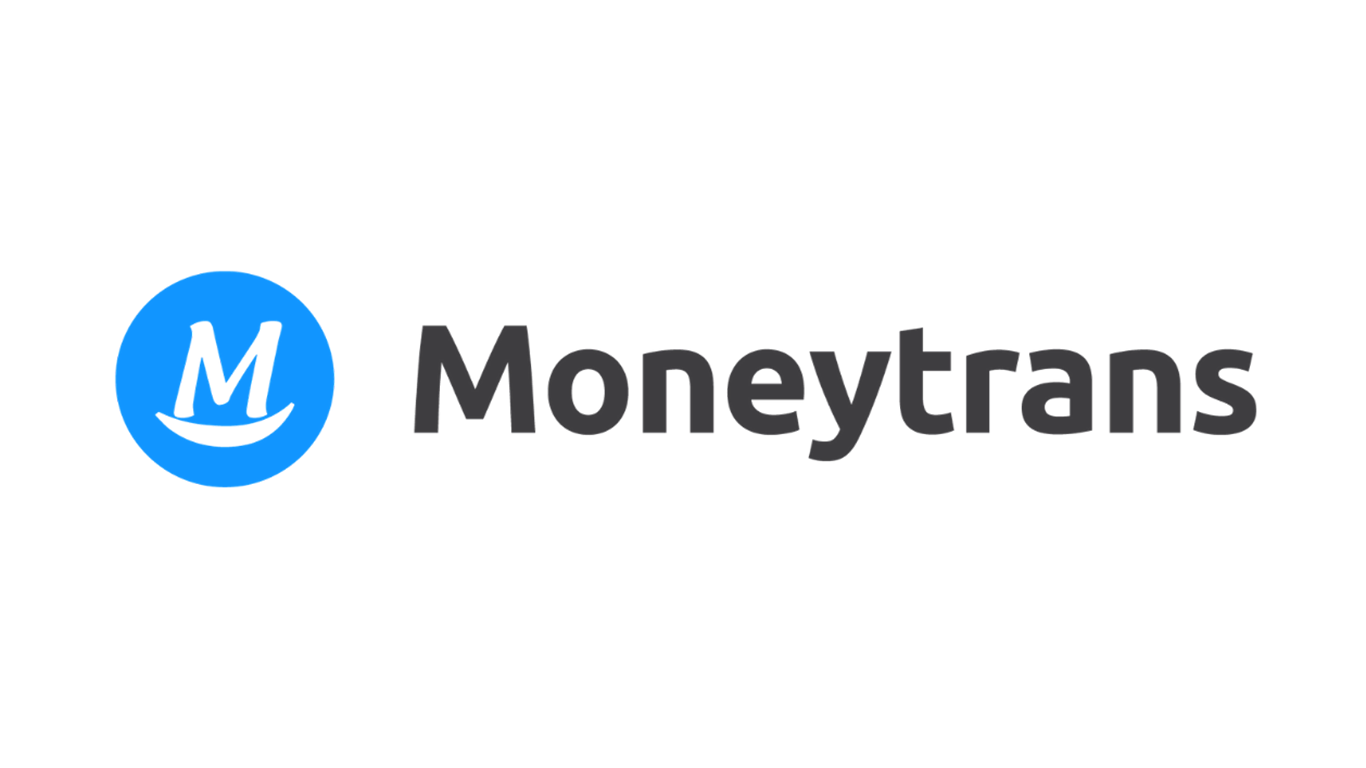
New partnership between the United Nations International Fund for Agricultural Development (IFAD) and international money transfer operator, Moneytrans. The project is part of the Platform for Remittances, Investments, and Migrants’ Entrepreneurship in Africa (PRIME Africa), an initiative funded by the European Union and implemented by IFAD’s Financing Facility for Remittances (FFR).
The new partnership aims to enhance the financial resilience and economic empowerment of Moroccan remittance families through cost-effective, digitalized remittance flows from Europe, and innovations towards financial inclusion.
IFAD seeks to build confidence in digital payment solutions among such families, who have so far been reluctant to use them due to a lack of knowledge of financial services and the technologies used, opting instead for cash transfers. As a result, many families have been unable to take advantage of the opportunities offered by financial services combined with a formal account. Rural populations, particularly women and low-income households, are targeted by this project, which will broaden access to savings and credit.
For Pedro de Vasconcelos, Programme Manager of IFAD’s FFR, “IFAD’s support will promote the digital transition and financial inclusion of a category of migrant workers who are particularly resistant to the idea of using non-cash transaction methods and who know little about the advantages offered by the financial services that would become accessible”.
“At the European Union, we are aware of the importance of remittances sent by migrants to their countries of origin, particularly for the most vulnerable. Through this IFAD-supported project, we want to help reduce transaction costs to enable migrants and their families to benefit as much as possible from funds transferred to Morocco, by promoting the use of innovative digital financial services, for greater financial inclusion that benefits the target population and the economy”, said Patricia Llombart Cussac, European Union Ambassador to Morocco.
The main channels for sending funds to Morocco are Belgium, France, Germany, Italy, Spain, and the Netherlands. Through this partnership, around 18,000 Moroccan remittance senders residing in these corridors are expected to switch to digital services, which will involve setting up formal bank accounts. Some 31,500 remittance recipients in Morocco will also benefit from this initiative, of whom 30 percent are in rural areas.
Of the money sent by Moneytrans, 70 percent will be directed to urban areas in Morocco, with the remaining 30 percent distributed throughout the country, to more than 200 rural localities. Moneytrans’s extensive network and reach make it a good partner for developing and delivering financial services and products for financial inclusion.
Accounting for 7.9 percent of Morocco’s GDP in 2021, remittances are an important source of income for many Moroccan families. Total remittances received in the country, which is characterized by a large diaspora, strong competition between remittance operators, and a regulatory framework that supports the use of low-cost mobile wallets, amounted to 10.4 billion United States dollars in 2021.
The cost of sending remittances to Morocco is significantly lower than the African average (5.6 percent compared with 8.46 percent). Digital channels are particularly advantageous, with costs for transferring money to a mobile wallet in Morocco from a developed country amounting to just 2.64 percent in 2021.
Related News
- 09:00 am
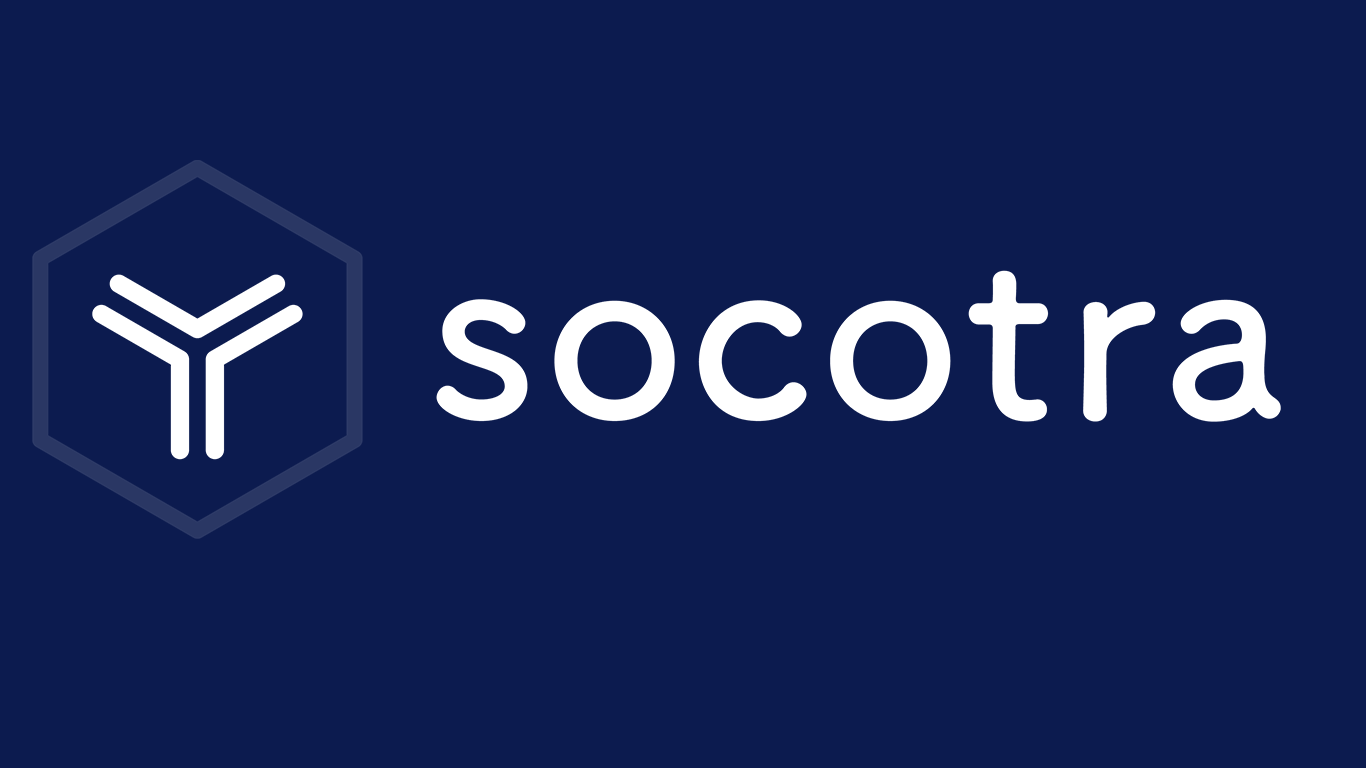
Leading insurance core technology provider Socotra announced today that Loggerhead Insurance, a Florida-based provider of homeowners insurance coverage in the state, has struck a deal to offer replacement coverage to those who will be issued policy non-renewal notices by Progressive Home.
“It’s been tough for Floridians to find reliable homeowners insurance lately. We saw it firsthand - and we wanted to provide an alternative. So we gathered a knowledgeable team of Florida insurance experts to transform the way Floridians experience insurance,” said Todd Dixon, Co-Founder of Loggerhead Insurance. “Loggerhead is powered by modern technology, led by people who share a commitment to trust, empathy, and always doing what’s right. With so many people here finding themselves in search of a new insurance provider they can trust, we have found a niche in which we can thrive while covering our customers when they need us most, and we are proud to partner with Socotra to offer this essential peace of mind to Floridians now and into the future.”
With Progressive Home set to non-renew some 115,000 policies in the state of Florida to rebalance their portfolio, Loggerhead stepped in to negotiate a deal with the incumbent to offer these customers a viable alternative. The Florida-based carrier will be able to provide uninterrupted coverage to these customers thanks to its partnership with Austin, TX - based technology provider Socotra, whose solutions underpin Loggerhead’s policy administration system and allow it to tailor its products to the unique needs of homeowners in the state.
“With big names in the insurance industry announcing reductions in coverage or even complete withdrawals from regions that have been negatively impacted by climate change, the time is right for nimble, innovative carriers to harness the power of technology and step in to help those in need,” said Ekine Akuiyibo, Chief Business Officer of Socotra. “What Loggerhead has done to fill the coverage gap in Florida is commendable, and this step represents a significant inroads in their journey towards ever-greater coverage in the state. We are honored to be their technology partner for this important initiative and all of their growth and future success.”
Loggerhead first announced this move in early October of 2023. The insurer plans to send their policy offers in early 2024 with policies taking effect from May 2024 onwards.









